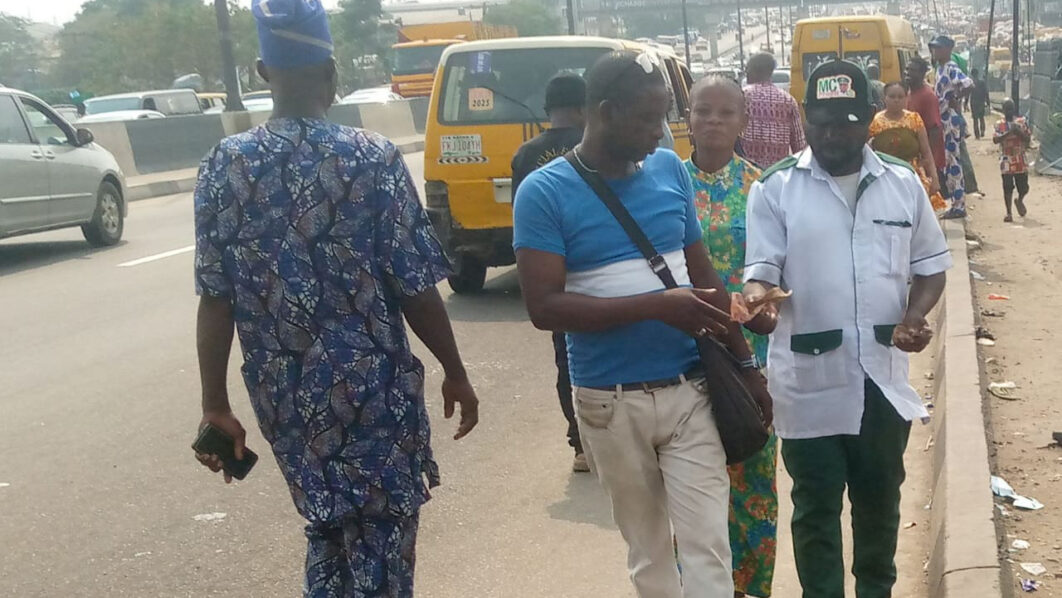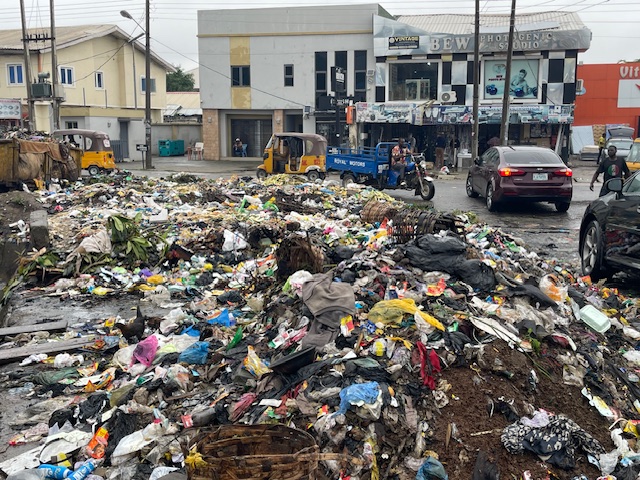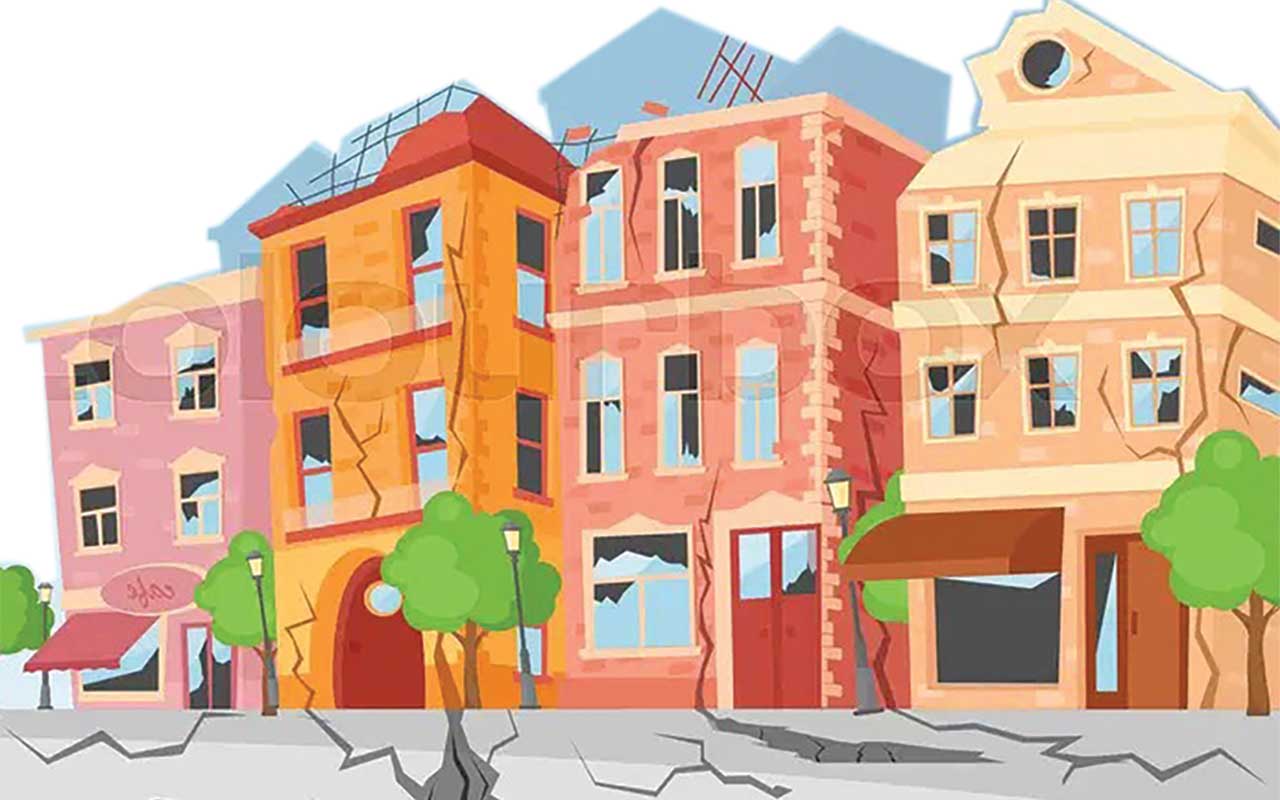
Across Lagos roads, the boys in different uniforms and plain clothes are always on the neck of transporters demanding and enforcing payments allegedly said to be union dues. The payment is not demanded or enforced ones but on every trip a commercial bus driver makes through a road or bus stop across the state.
This, some residents claimed, is partially responsible for the high cost of commuting in Lagos as the drivers pass on the payment burden on the passengers, thereby compounding their living cost.
So, from Ikeja to Obalende, Obalende to Oshodi, Yaba to Cele, and other parts of the city, passengers and commercial drivers alike are feeling the impact of what many have described as extortionist practices of agberos.
A commercial driver, Yekeen Alao, said when drivers pick passengers from the park, each driver before leaving the garage with a filled bus, pays the fare of four passengers to agbero.
“For instance, if the fare for each passenger is N700, we end up paying N2800 to the park authorities. The most frustrating part is that the people at the park, who are collecting this money, don’t seem to be doing anything in return. They are just sitting back, collecting cash, while the drivers are the ones actually doing the hard work of transporting passengers.
“Meanwhile, we see these same park officials driving around in nice cars, building houses, and living comfortably, off the money that comes from our hard work. It’s unfair, and honestly, the government really needs to step up and improve the entire transportation system.” Another commercial bus driver on the Oshodi to Ikotun/Ejigbo route, Dele Ajani, said it is not just about the payment made at the loading park anymore.
“Every time I stop to pick a passenger or to allow a passenger to alight, there is an agbero at my window, demanding something, if I don’t pay, they will obstruct my movement, or worse, damage the bus. It’s an endless cycle of paying and paying.” A commuter, Kemi Adeniran, lamented that the excess extortion from the agbero is partly responsible for the increase in the transport fare.
“Every day, I pay more for my journey, I understand that the cost of living is rising, but what I don’t get is why the drivers have to pay agberos just to do their job. This is money that could have gone into reducing the fare for passengers like me.” Another commuter, Chidinma Nwachukwu, said the constant extortion causes delays and affects punctuality at work.
“It’s happened to me several times, the driver didn’t want to pay the agberos, and they started dragging him at the stop. This delay can take up to 20 minutes sometimes, and I end up being late for work. It’s frustrating because it’s not just the fare that’s increasing, but also the time I lose just waiting for the driver to negotiate with these louts. It’s becoming a real challenge, and it feels like we’re being held hostage by these people every time we go out.”
The Director of Public Affairs at the Lagos State Ministry of Transportation, Mrs. Bolanle Ogunlola, responding to growing concerns over the excessive extortion by agberos in the state, said that the ministry has been actively engaging with transport unions to address key issues affecting commuters, particularly, fare hikes and safety concerns linked to the activities of agberos.
“If you’ve been following the ministry’s activities, you will be aware of our continuous engagement with the unions. Just last week, we held another round of discussions focusing on commuter welfare, including transport fares and the safety of passengers, which also involves tackling the extortion by agberos,” she said.
She further explained that the Transport Reform Initiative introduced by the Lagos State Government aims to address all “grey areas” within the transportation system that require intervention.
“It’s a gradual process, but we are committed to identifying and resolving these challenges. The ultimate goal is to improve the overall transportation experience for commuters, making it safer and more efficient,” she added.






